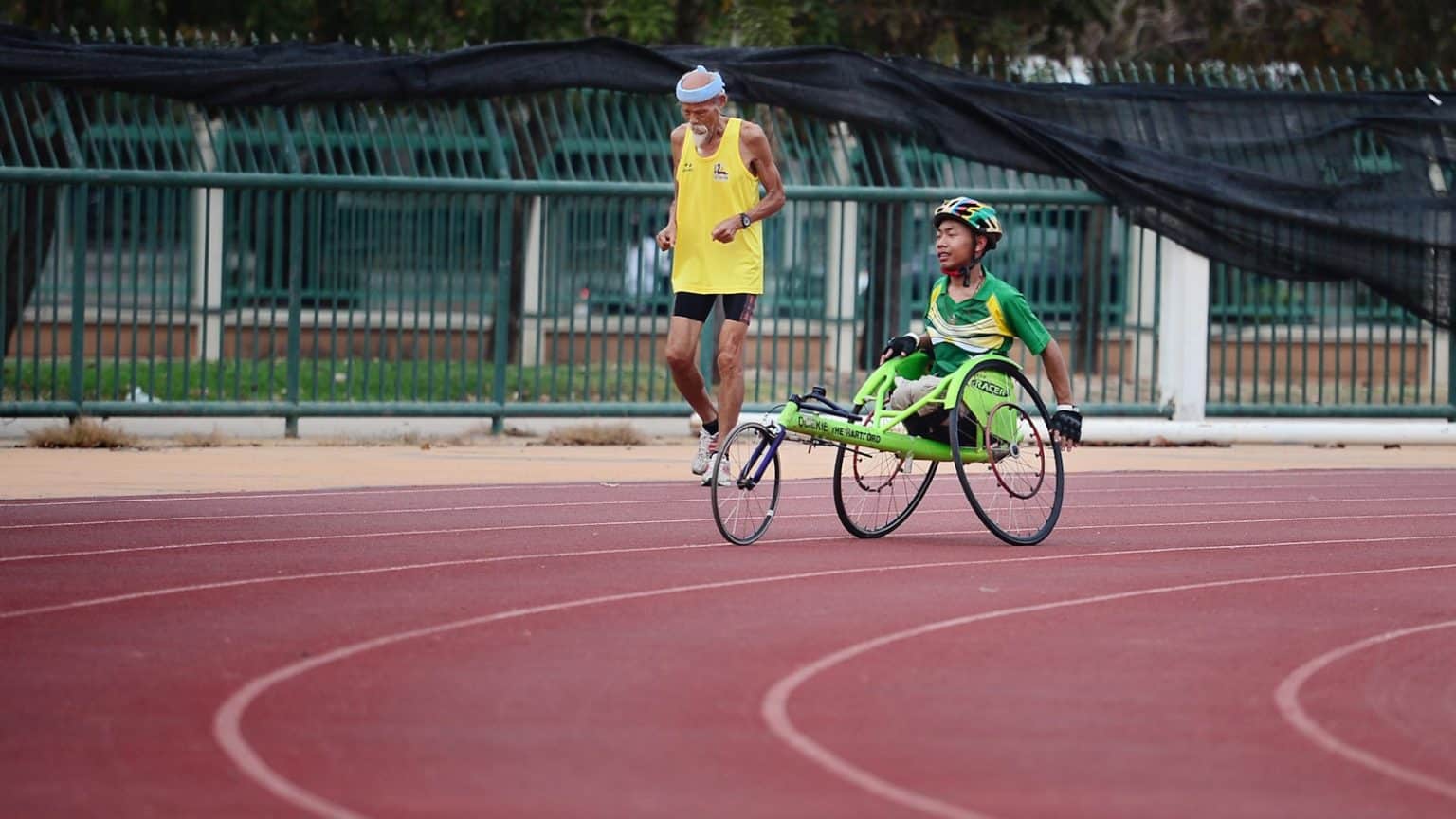The UK government has called on schools to ensure that all children, regardless of ability, have equal access to physical education (PE) and sports. This appeal comes as part of the ongoing Inclusion 2024 programme, a government-backed initiative that aims to make school sports more accessible to children with special educational needs and disabilities (SEND).
Schools Minister, Catherine McKinnell, is spearheading the campaign, encouraging schools to take inspiration from the recent Paralympic Games and improve opportunities for SEND pupils to participate in physical activities. McKinnell highlighted the transformative power of sports for children, stating that it helps to develop character, foster inclusion, and enhance both physical and mental well-being. She emphasised that children of all abilities should benefit from high-quality PE and school sports.
Inclusion 2024, which is now in its fourth year, provides schools across the country with expert guidance and free resources aimed at improving inclusivity in sports. A key component of the programme is a network of 52 lead schools, which work closely with local schools – including mainstream, special, and alternative provision settings – to provide advice and training on inclusive sports education. To help teachers track and celebrate progress in inclusive sports, many schools now use a simple score table—a visual tool that highlights achievements, fosters friendly competition, and motivates SEND pupils to participate consistently. The programme also introduces SEND pupils to sports featured in the Paralympics, offering a unique opportunity to encourage participation in 22 different sports.
Since its inception, Inclusion 2024 has seen nearly 15,000 pupils participate in its events, with over 3,000 trained as sports leaders. Additionally, more than 4,000 schools have received advice, training, and resources aimed at making their PE and sports programmes more inclusive, resulting in 850 events specifically designed for SEND students.
The initiative’s focus is not only on physical health but also on how inclusive sports can improve broader aspects of school life for SEND pupils, including behaviour, engagement, and attendance. By aligning with the government’s new Curriculum and Assessment Review, the programme looks to raise educational standards and dismantle barriers that SEND pupils face, ensuring equal access to a variety of subjects like PE, music, art, and drama.
McKinnell praised the collaborative efforts of organisations like the Youth Sport Trust, ParalympicsGB, Swim England, Activity Alliance, and nasen (National Association for Special Educational Needs), which are all working together to break down barriers and improve inclusivity in schools. She said, “It’s fantastic to see so many organisations coming together to break down barriers to opportunity and improve the quality and accessibility of PE and school sport provision for pupils with SEND.”
Ali Oliver MBE, Chief Executive Officer at the Youth Sport Trust, highlighted the programme’s role in promoting the core values of the Paralympic Movement – determination, equality, inspiration, and courage – across schools. “Inclusion 2024 has supported the development of inclusive PE and sport in 5,000 schools through 55,000 interactions, including competitions, staff training, volunteer development, and local events,” she noted.
David Clarke, Chief Executive of ParalympicsGB, also underscored the vital role of physical education in ensuring the well-being of SEND pupils. He cited the Equal Play campaign, which found that many teachers feel unprepared to deliver inclusive PE due to a lack of training. Clarke expressed the importance of initiatives like Inclusion 2024 in bridging that gap and ensuring that no disabled child is “left on the sidelines.”
While Inclusion 2024 is making strides, it is not the only initiative promoting inclusivity in school sports. School Games Organisers (SGOs), a network of 450 organisers across the country, have provided millions of opportunities for children to engage in local sports competitions. In the last academic year alone, they created 2.2 million chances for children to participate in inclusive competitions, spanning 40 different sports and activities.
The programme also offers schools access to a free range of resources through the Inclusive Education Hub, which provides creative strategies for schools to adapt PE and sports to meet the needs of all pupils. Through these efforts, the government and its partners are striving to ensure that all children, especially those with SEND, can experience the transformative benefits of sports.

